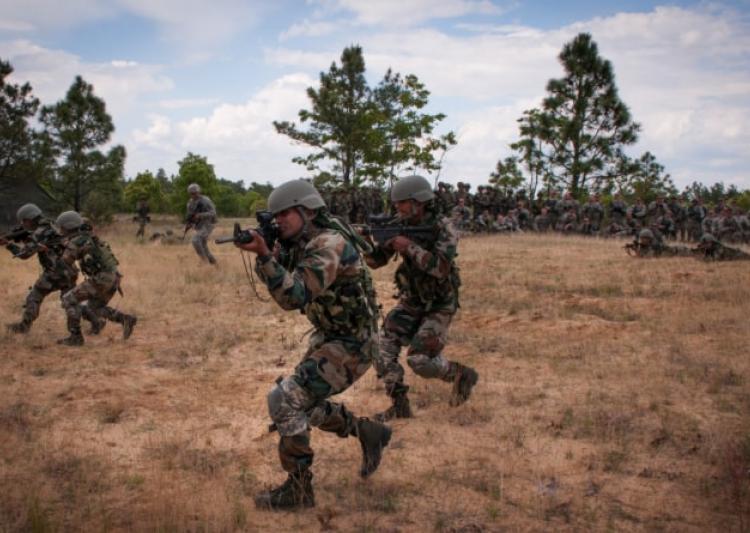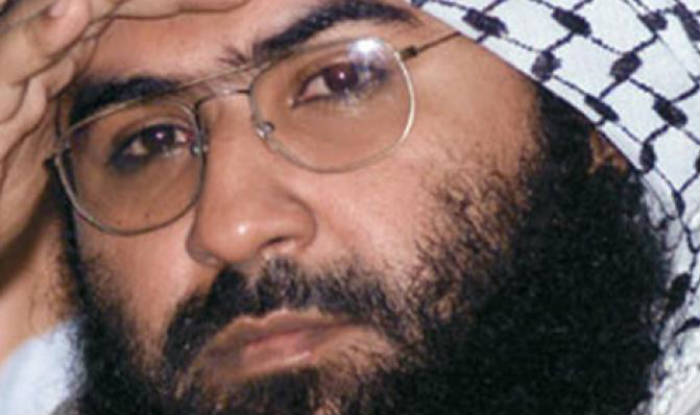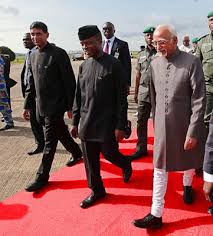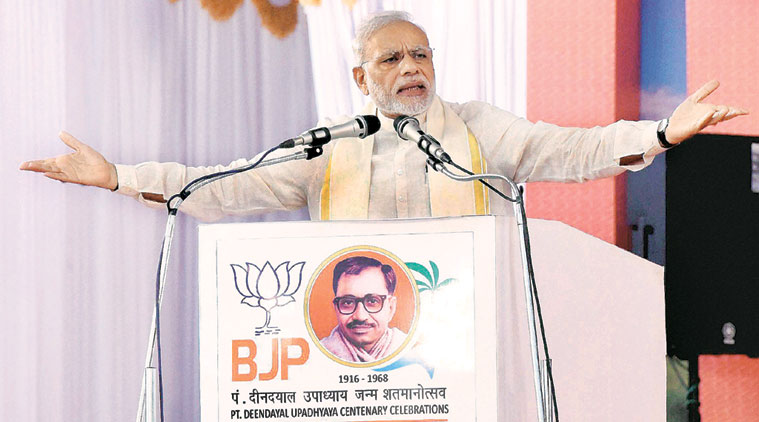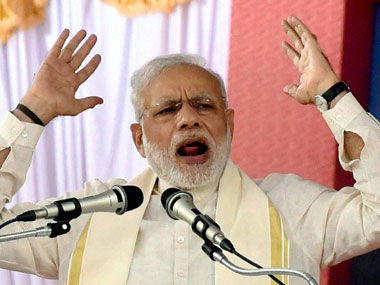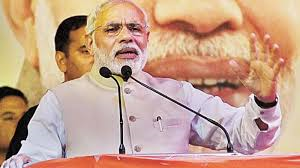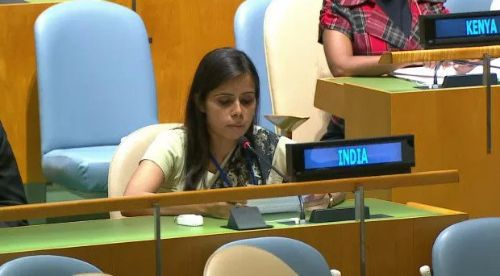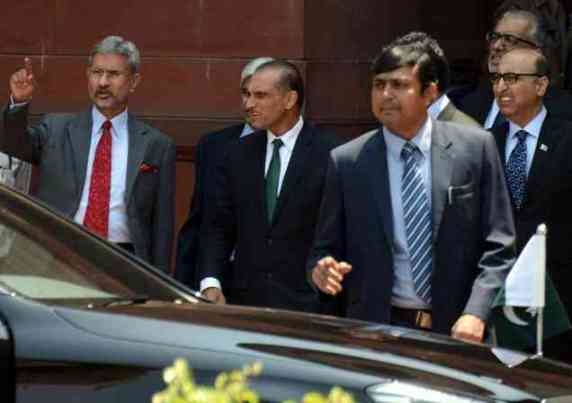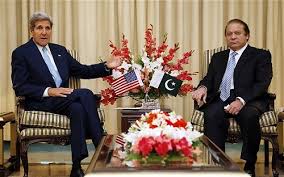The September 18 attack on the Uri military camp, launched by Pakistan-based terrorists, has agitated the entire country and ignited serious, high-decibel debate as to how these repeated provocations need to be handled by the leadership.
Pakistan appears to have hit upon a ‘no cost’ grand strategy which is backed by its nuclear weapons capability with its announced first use policy. The aim, clearly, is to show Prime Minister Modi as a weak leader, to keep India unsettled by negatively impacting its international image and a calculation that the state response to terrorism can widen India’s potential internal fault lines. By applying this strategy, it feels that it has the strategic and tactical initiative for escalation of tension and, indeed, in the bilateral relations as a whole.
Costs for Pakistan can, certainly, be raised. Its grand strategy is anchored in waging an asymmetrical, ‘irregular’ war against India, backed up by its military and nuclear capability: this ‘irregular’ war involves non-uniformed, ‘civilian’ elements trained in subversion and guerrilla warfare in urban areas and the countryside. Conventional military action, as seen in the ‘Operation Parakram’ mobilisation of the Indian troops on the India-Pakistan border after the Parliament attack, cannot be the response.
As it needs to leverage all aspects of a country’s strength, countering asymmetric warfare is a protracted affair and cannot take the form of a short, swift conventional war. Ultimately, it is the strength and resilience of a political system which actually prevails in a war of attrition, against the strategy of ‘death by a thousand cuts’. The answer to our Pakistan dilemma, in short, is not ‘strategic restraint’ but ‘strategic patience’.
Read More